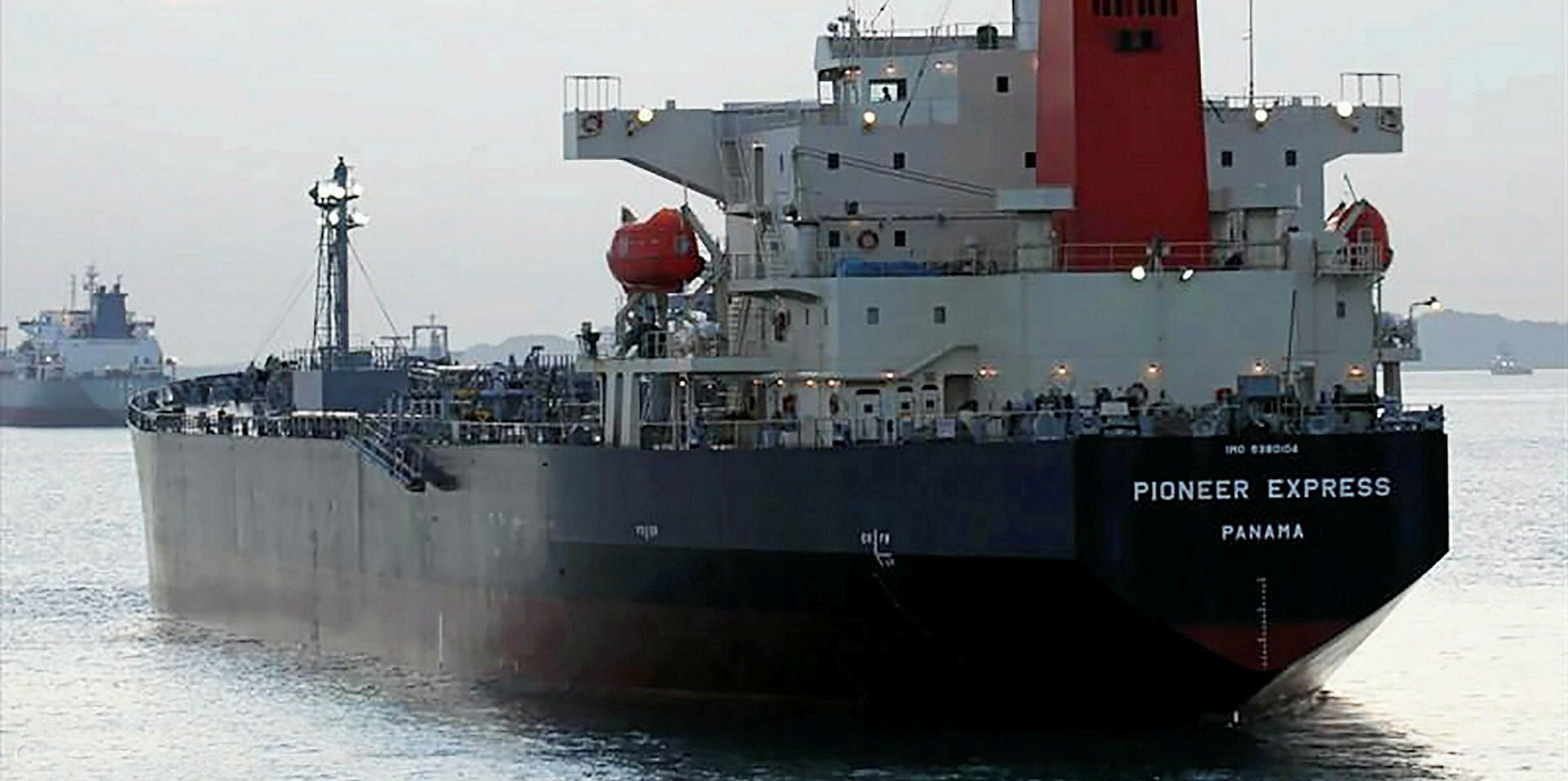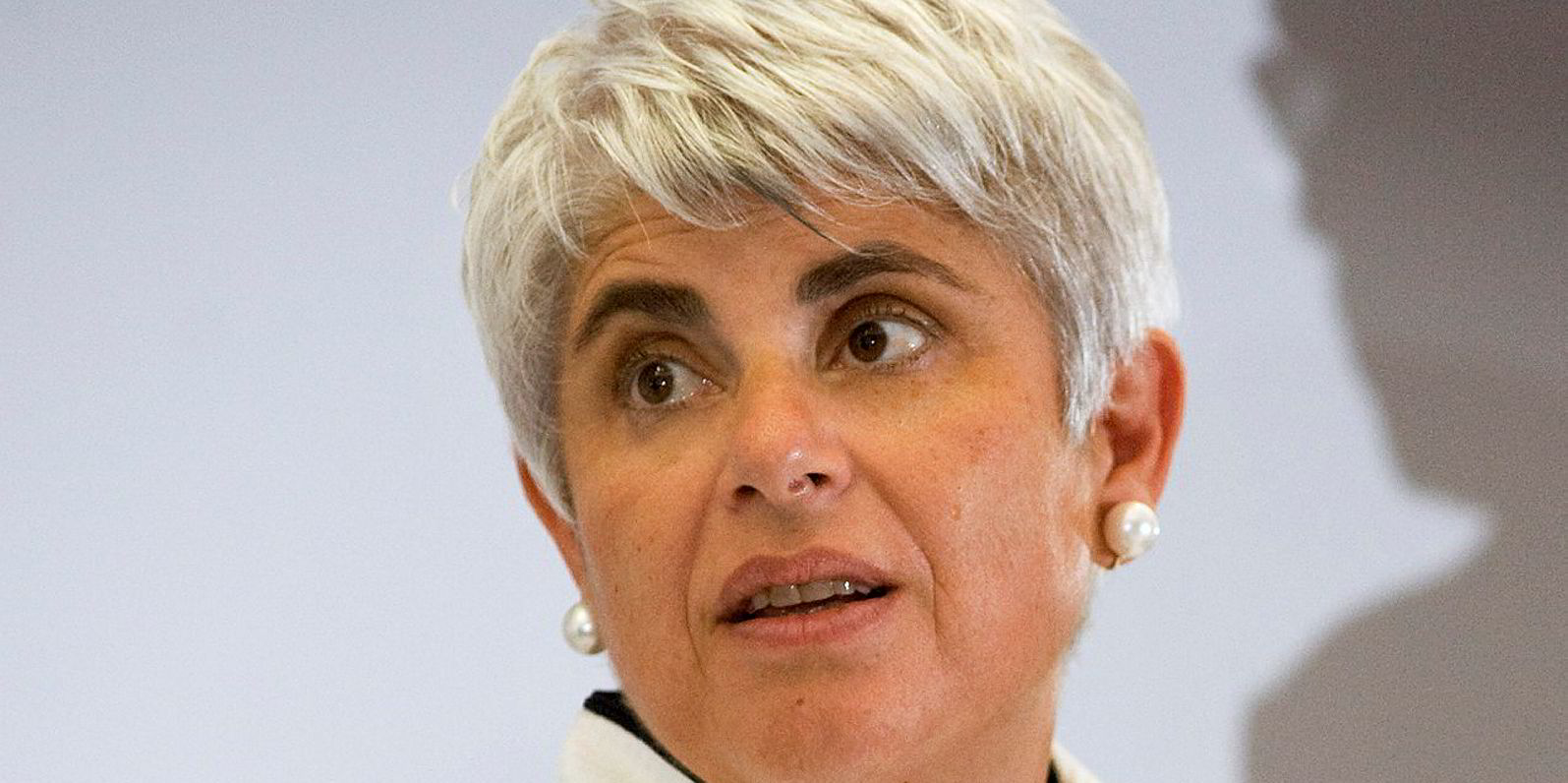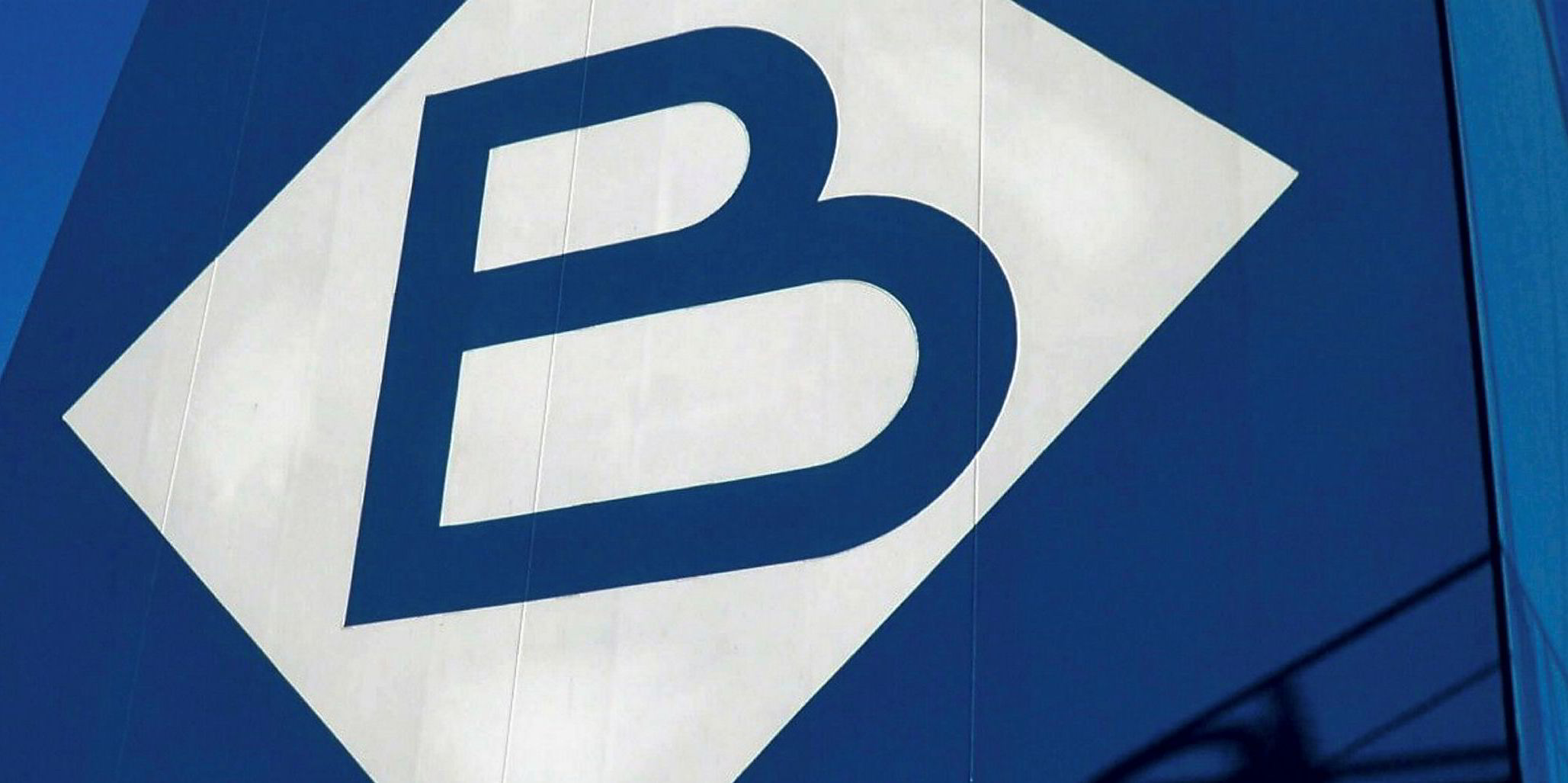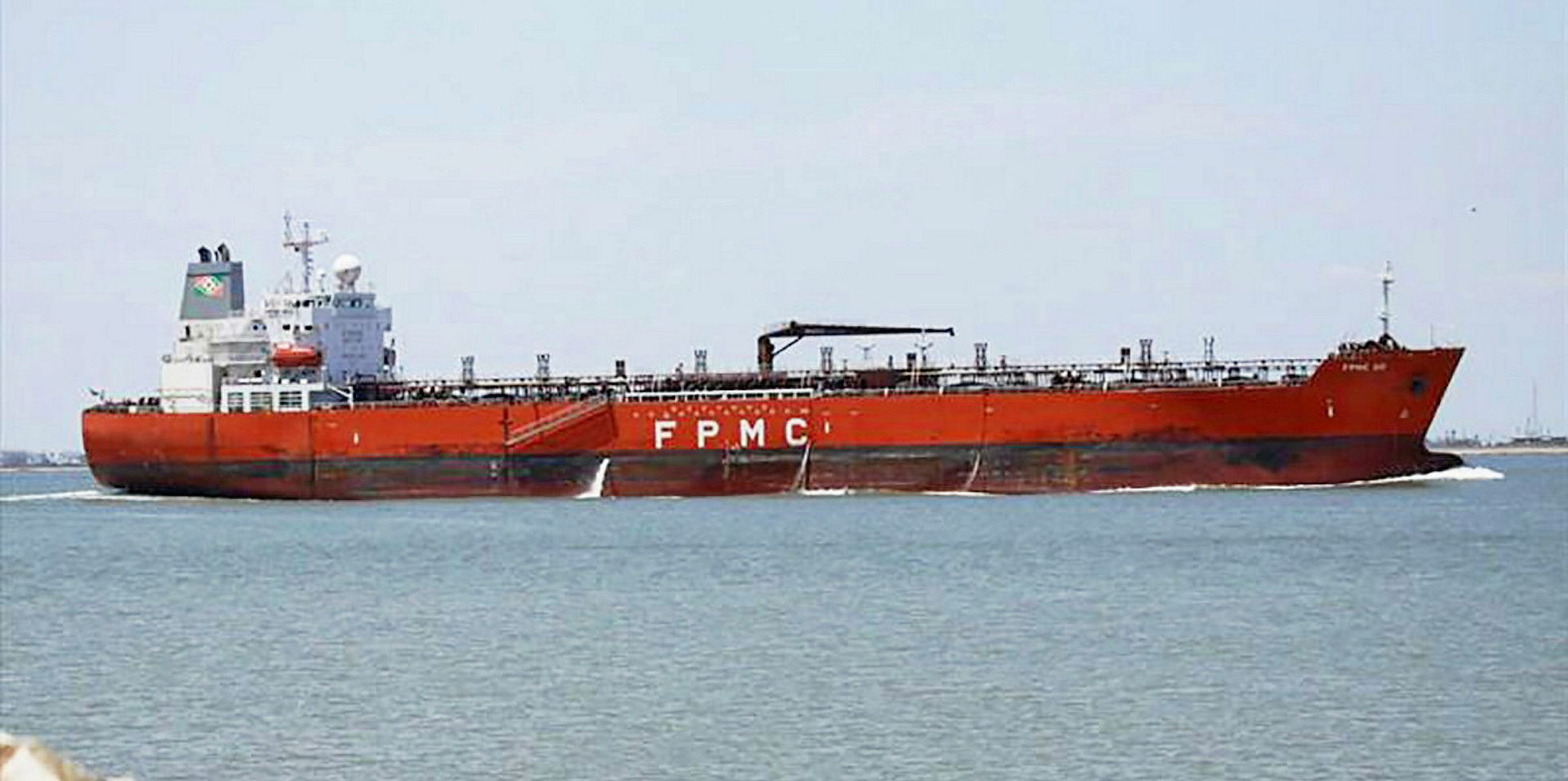MR tankers have been the stars of this year’s sale-and-purchase (S&P) market for oil carriers.
MR transactions account for about half of all recorded tanker transactions to date in 2019, Athens-based brokers Intermodal said in a report earlier this month.
Investor enthusiasm has even extended to newbuildings, with MRs accounting for almost one-third of all new tanker orders.
Trendsetting Greeks
Greeks have been at the forefront of the trend, as highlighted by a string of recently unveiled transactions.
Managers at Astra Shipmanagement confirmed it had purchased the 47,400-dwt tanker Pioneer Express (built 2009), a vessel previously under the control of Japan’s Nagashiki Kisen.
The ship fetched between $16m and $16.2m, according to brokers.
Initial reports linked India’s Great Eastern Shipping to the deal. However, that information was not confirmed.
The Pioneer Express has instead become the third MR tanker that Astra has acquired since entering the sector last summer.
Founded in 2014 by brothers Aris and Stefanos Koropoulis, nephews of the renowned Martinos brothers, Astra originally focused on bulkers and containerships.
A lucrative dry bulk asset play in 2018 helped supply the funds Astra needed to enter the tanker business.
In spring of that year, the company sold the 50,300-dwt Alithini (renamed Beilun 16, built 2001) to Chinese buyers for about $8.5m, nearly three times the figure it paid to buy the ship in 2016.
We now feel we have a nice small well-rounded fleet in dry, tankers and containers which will give us some security in our plans to be servicing our clients in the long run
Astra manager
That was “a perfect example of how luck helped us with our organic expansion plans,” said a senior manager at Astra. “With the funds from this sale we were able to divest into the MR sector."
Organic expansion
Its latest MR purchase, the Pioneer Express, boosts Astra’s fleet to 10 units, which includes five bulkers and two containerships.
Apart from a desire to modernise its dry bulk fleet, the average age of which stands at 15-years-old, the company has no grand strategy and prefers instead to react to market trends.
“We now feel we have a nice small well-rounded fleet in dry, tankers and containers which will give us some security in our plans to be servicing our clients in the long run,” the Astra manager said.
The company's founders have consciously decided to run the firm as a small, family-run enterprise without the backing of big funds.
A slowdown in newbuilding deliveries and incremental distillate shipments triggered by the IMO 2020 rules are expected to boost MR earnings in the coming quarters, according to analysts.
Earnings for clean MRs have already climbed to an average of $11,862 per day so far this year, 36% up on their average level in 2018, according to Clarksons.
S&P influx
At the same time, Japanese owners are providing a steady influx of such ships on the S&P market. Many of them were ordered during the economic boom of the past decade, delivered around 2010 and then put on long time-charter commitments that are finishing now.
This has created a favourable environment in which even dedicated MR players believe the time is right to raise the stakes.
One Greek example is Falcon Navigation Corp, which was founded in 2000 and has been active in tanker operations since 2011. The company has bought two MRs this year, doubling its active fleet to four vessels.
Athens-based Falcon has emerged as the buyer of the 51,000-dwt FPMC 20 (built 2009), one of several MR units that Taiwanese player Formosa Plastics has been offloading since last year.
Feasting on Formosa
Greek buyers have feasted on Formosa Plastics ships. Dimitris Procopiou-led Centrofin alone has bought as many as five, Alexis Kondilis-led Kondinave two and Vardinoyiannis-family company Avin International one.
Falcon first struck on the S&P market in March this year, with the purchase of the 50,900-dwt Isola Bianca (renamed Falcon Iris, built 2008) for $16m.
The company was founded in 2000 by siblings Toula and George Gerakis to represent Trafigura’s chartering activities in Greece. Falcon parted ways with Trafigura in 2009 and entered shipowning two years later.
The company has another two MRs that are currently on a two-year time charter with Petrobras: the 51,000-dwt Falcon Nostos (built 2006) and the 46,000-dwt Falcon Maryam (built 2009).
Broker reports this month have suggested another Greek buyer bought the 46,100-dwt Alpine Duke (renamed Swift Winchester, built 2009), for $19m.
Alpine buyer
Some identified Target Marine as the buyer. Contacted by TradeWinds, however, a company manager denied that information.
If confirmed, a sale of the Alpine Duke would leave Oxygen Maritime, its Athens-based manager, with a single vessel.
Oxygen has been embroiled in a legal row with overseas mortgage holders and banks that led last year to the auctioning of another of its ships, the 74,600-dwt Megacore Philomena (renamed Madison, built 2010).
Oxygen managers did not respond to a request for comment by the time TradeWinds went to press.







